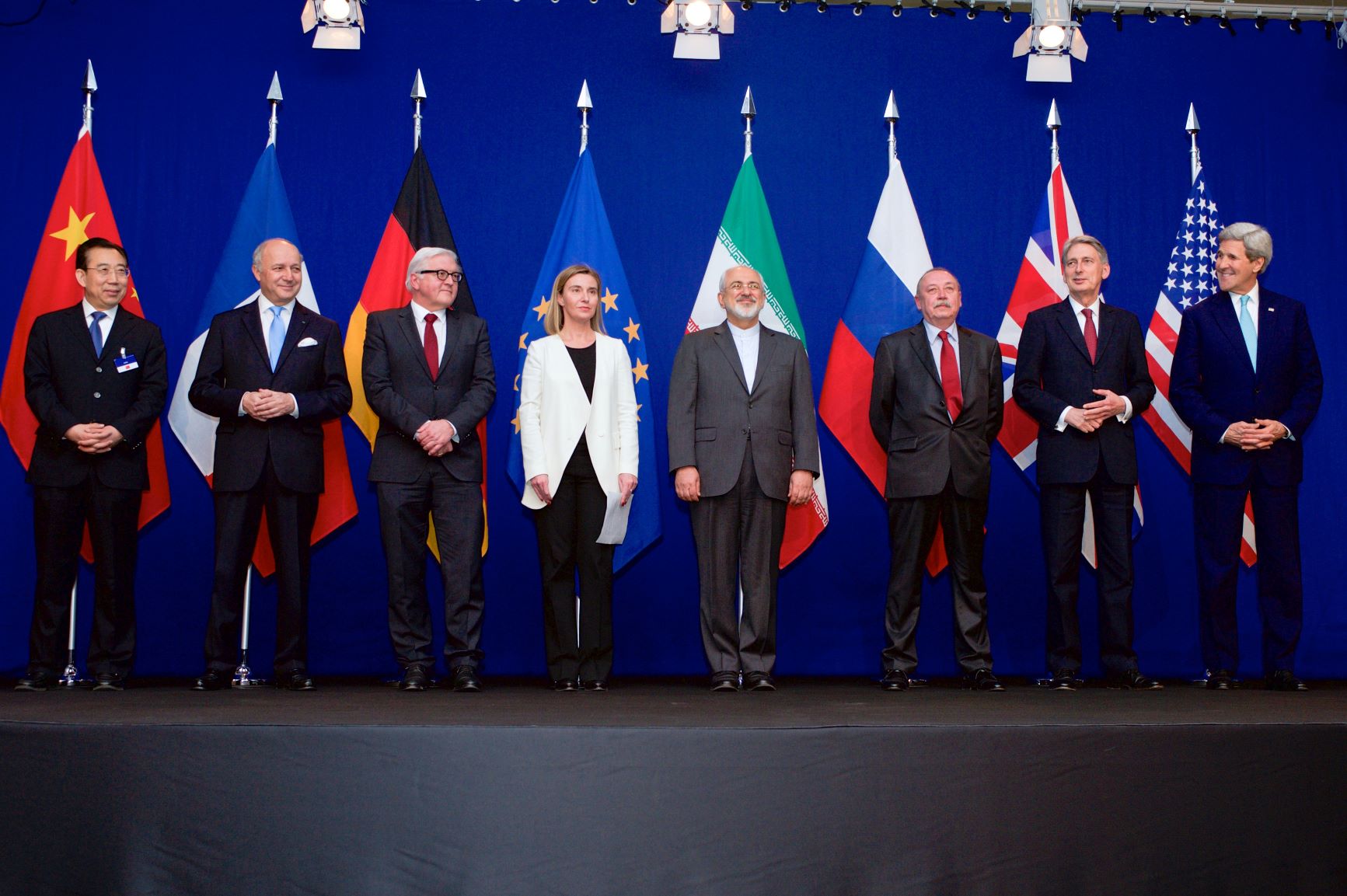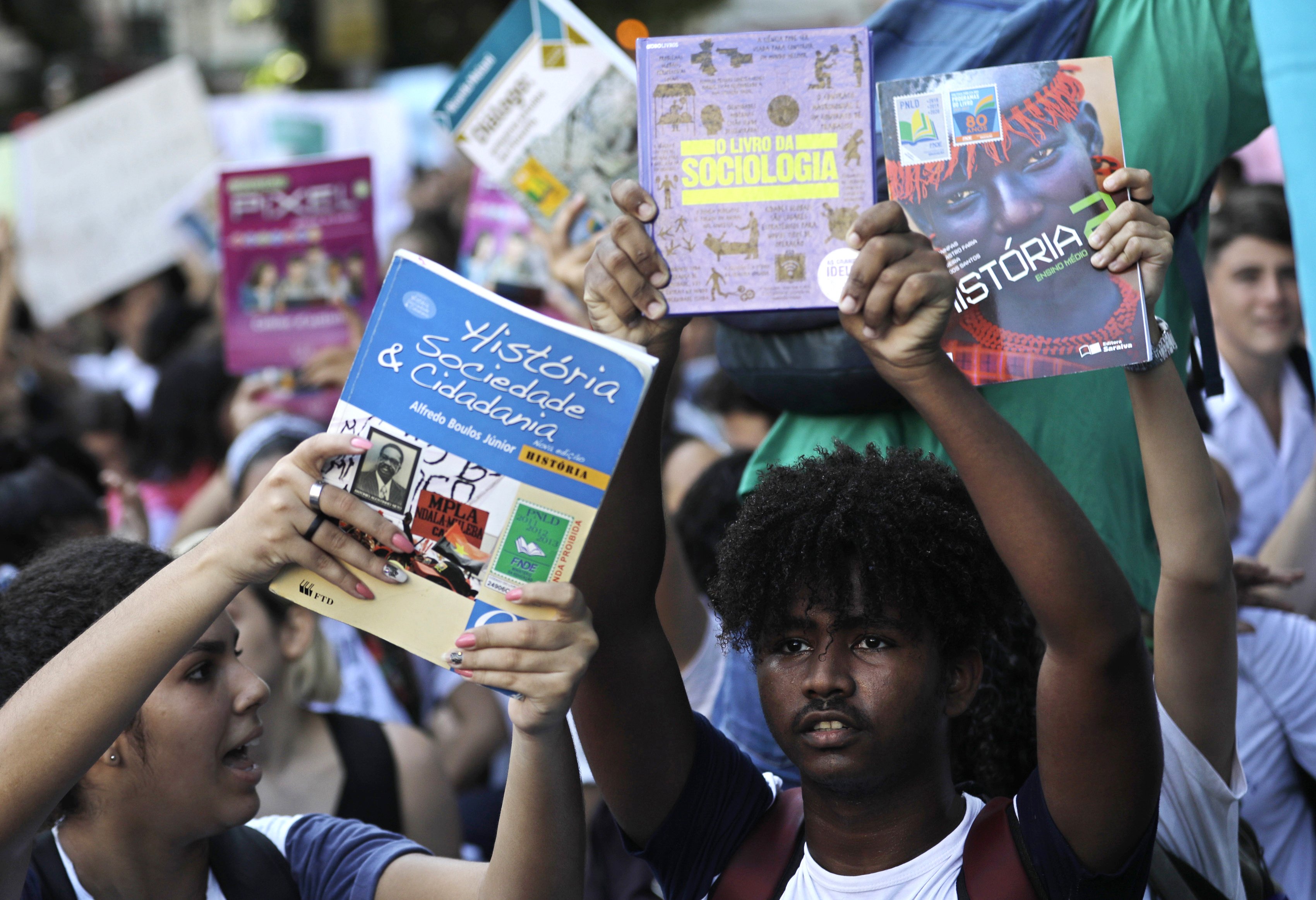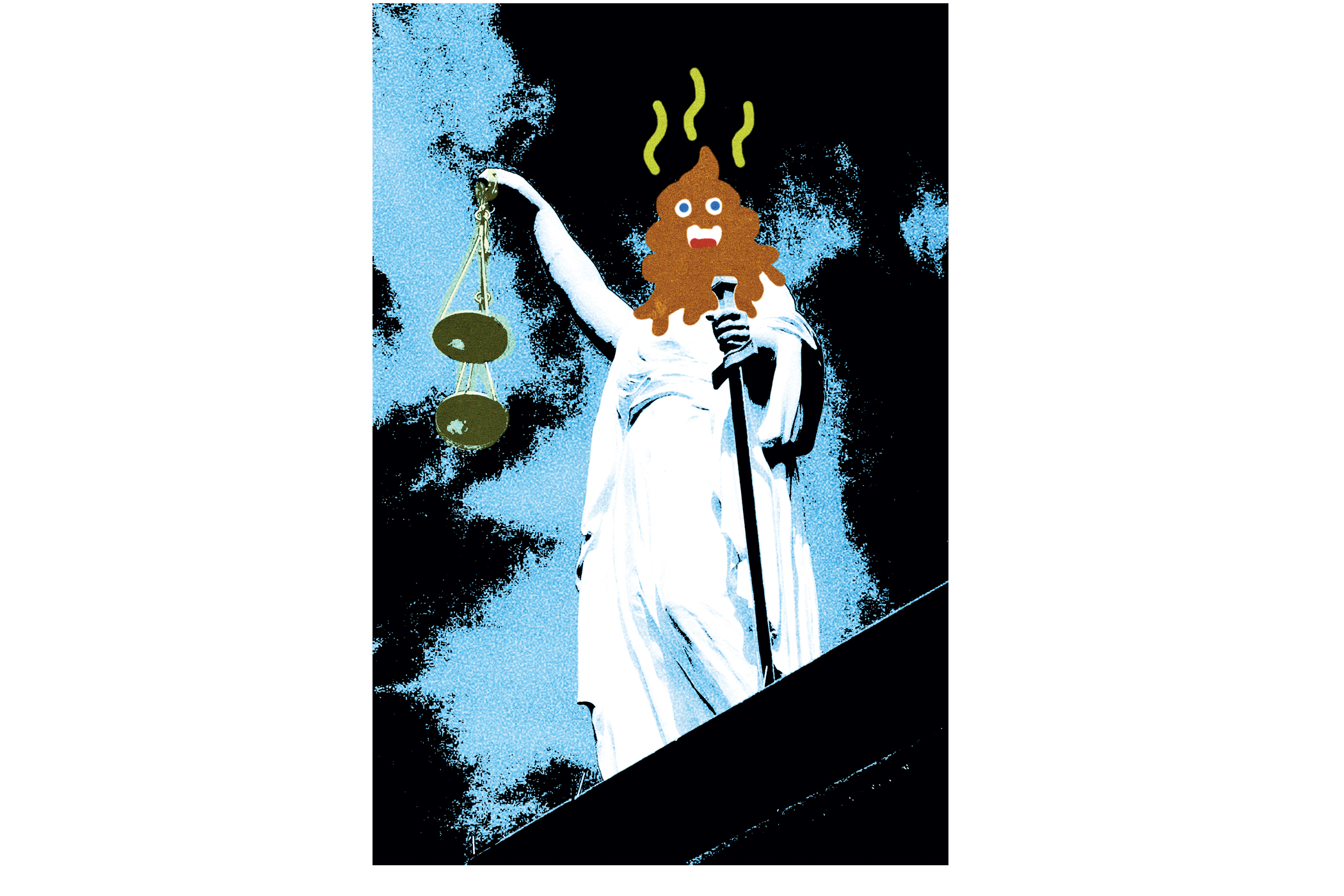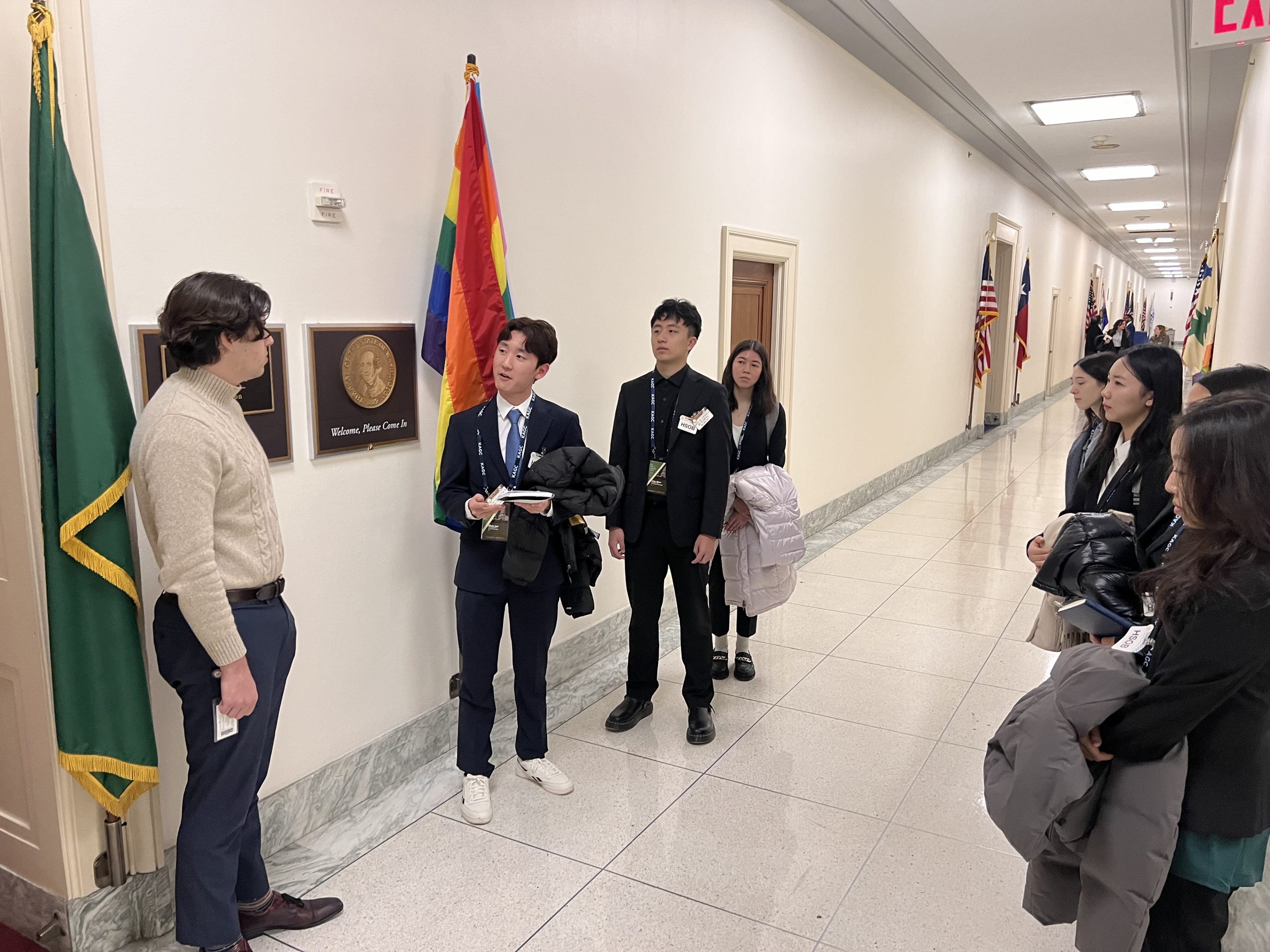Iranian President Hassan Rouhani announced Iran would no longer abide by the restrictions placed on the country in a 2015 nuclear agreement if the other signatories did not relieve the economic pressure placed on Iran by recent United States sanctions.
The nuclear agreement, also known as the Joint Comprehensive Plan of Action, was signed by Iran, the U.S., the United Kingdom, Russia, France and China in 2015 to limit future Iranian research on nuclear technology. In exchange for Iran pausing research on nuclear weapons, the six other signatories provided financial relief by lifting economic sanctions in areas of trade, technology, finance and energy.
The U.S. placed economic sanctions on Iran in May 2018 when President Donald Trump decided the JCPOA did not limit Iran’s ballistic missile research enough, nor did it address Iran’s support for armed organizations in neighboring countries. The sanctions sent Iran’s economy into crisis.
Iran’s economy shrank by 3.9% in 2018 and could drop by another 6% in the coming year if financial stress is not relieved, according to Al Jazeera. The Iranian rial’s value decreased by 60% when compared to the U.S. dollar last year, and experts have predicted Iran’s inflation rate to reach at least 40% by the end of 2019.
With the country in economic distress, the Rouhani has threatened to walk away from the agreement and has said he will restart the country’s nuclear research. He has also threatened to resume high-level uranium enrichment in 60 days if the remaining five countries who signed the JCPOA do not implement new methods to relieve the stress of U.S. sanctions on Iran’s oil and banking industries.
In January, the remaining countries announced Instex, a new trade system that would bypass U.S. sanctions. However, the launch of the trade channel has been repeatedly delayed.
“The Europeans have betrayed the Iranians because they signed up to a nuclear deal and they gave verbal support, but in reality, they have abided by the dictates of the U.S. president,” Mohammad Marandi, a professor at Tehran University who was a part of the original nuclear agreement negotiations in 2015, told Al Jazeera.
The Iranian government has given the remaining five signing countries 60 days to comply with their conditions before they resume nuclear research and begin high-level uranium enrichment processes again.
“If the five countries came to the negotiating table and we reached an agreement, and if they could protect our interests in oil and banking sections, we will go back to square one,” Rouhani said, according to NPR.






